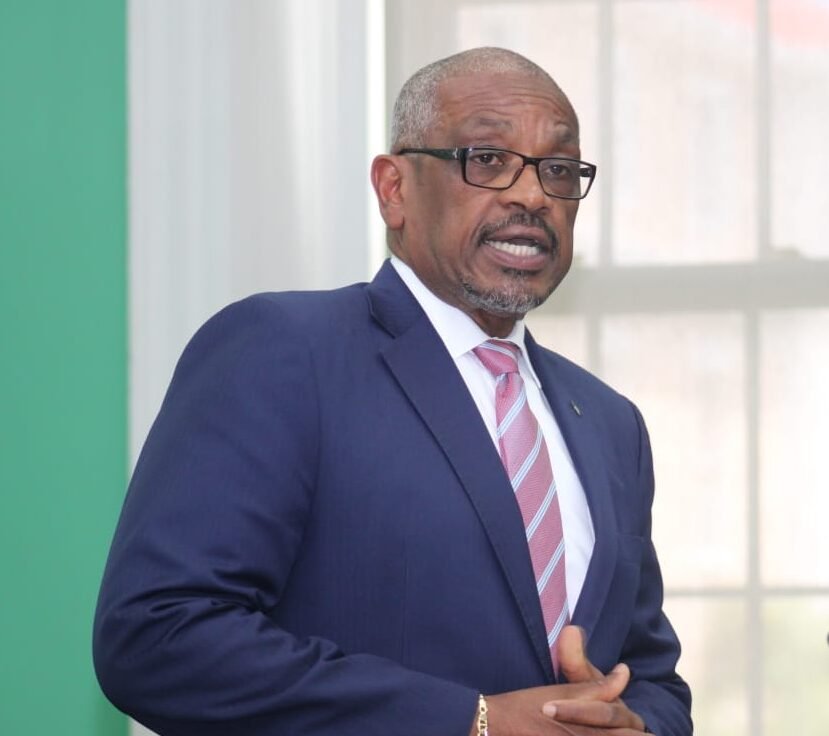GG cites low vaccination percentage and ongoing third wave as justification
Emergency orders, including curfew, have been in place 14 months and counting
NASSAU, BAHAMAS — The governor general has issued a new proclamation declaring a continued state of emergency in The Bahamas due to the ongoing coronavirus (COVID-19) pandemic.
The proclamation of emergency, which came into effect on May 14, will continue for 14 days unless extended by Parliament.

“…Despite the fact that a national vaccination distribution programme is in progress, there remains a comparatively low percentage of fully vaccinated persons in The Bahamas,” the proclamation read.
“…There is a third wave of infections on the islands of New Providence and Grand Bahama, which continues to cause illness and death in The Bahamas.
“…According to scientific and medical advice, COVID-19 is likely to persist as a pandemic in The Bahamas, for the foreseeable future.”
This is the fourth proclamation of a state of emergency issued by Governor General CA Smith since the start of the pandemic in March 2020.
The Bahamas has been in a state of emergency since March 17, 2020 — just days after the country recorded its first case of the virus.
The first proclamation was allowed to lapse due to a “procedural oversight” and the governor general signed a new proclamation on June 29.
Another state of emergency was issued in November and set to end on January 31.
However, at the end of January, the government passed a resolution to extend that state of emergency and the corresponding emergency orders to May 23.
Each new proclamation grants the government six months in which they can continue extending the order under the Constitution, effectively resetting the clock.
The state of emergency gives wide-sweeping powers to the “competent authority”, the prime minister, to impose restrictions and requirements to curb the spread of COVID-19.

The Emergency Powers (COVID-19 Pandemic) (Management and Recovery) Regulations, 2021, outlines regulations for the detention of individuals; imposition of restrictions and requirements; isolation of individuals suspected to be infected with COVID-19; violation of isolation; causing infection to another; and screening requirements.
It also gives the competent authority the power to regulate care providers, requisition essential services and any building, ship or aircraft, along with the powers to waive fees, suspend permits for use of public open spaces, prohibit assembly, impose social distancing or isolation, impose a curfew and restrict access to any area.
Under the newest regulations, where no other penalty is outlined, anyone who contravenes the provisions of any of the regulations is liable upon summary conviction to a fine not exceeding $10,000 or imprisonment for a term not exceeding 18 months, or both.
Attorney General Carl Bethel indicated earlier this year that the government was drafting a bill to create a “new framework” for permanent COVID-19 legislation concerning the health aspects of the emergency orders.
The status of that framework remains unclear.






